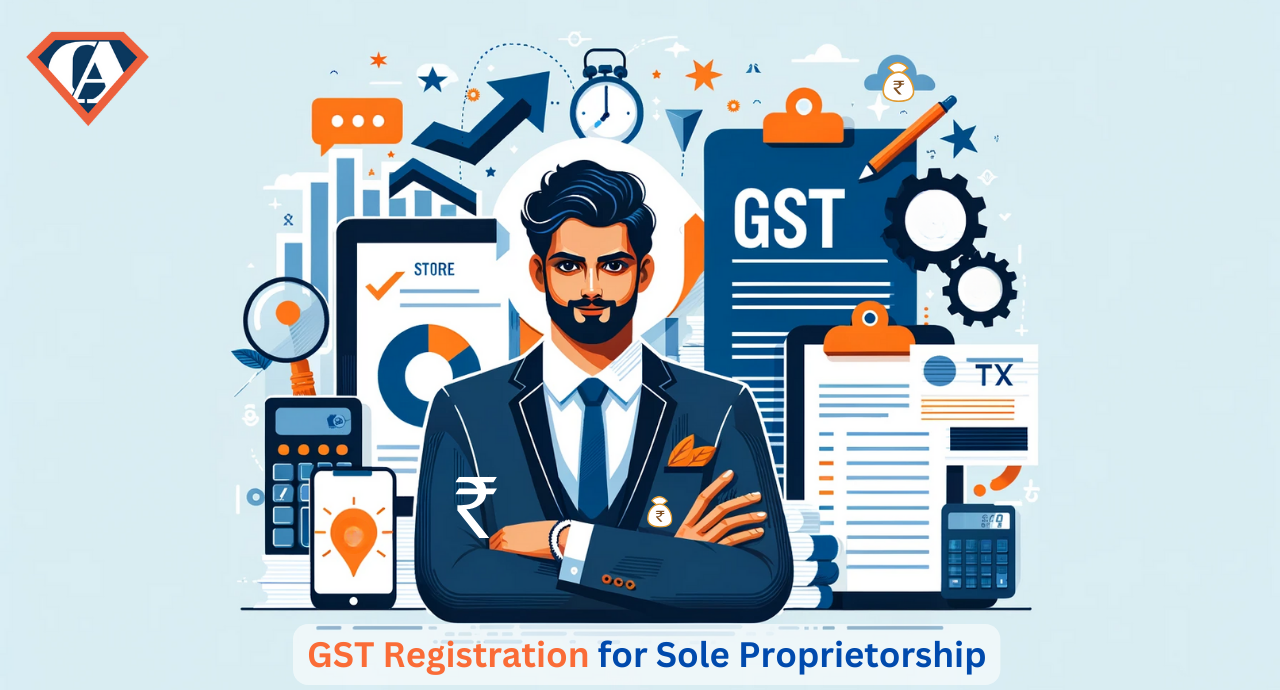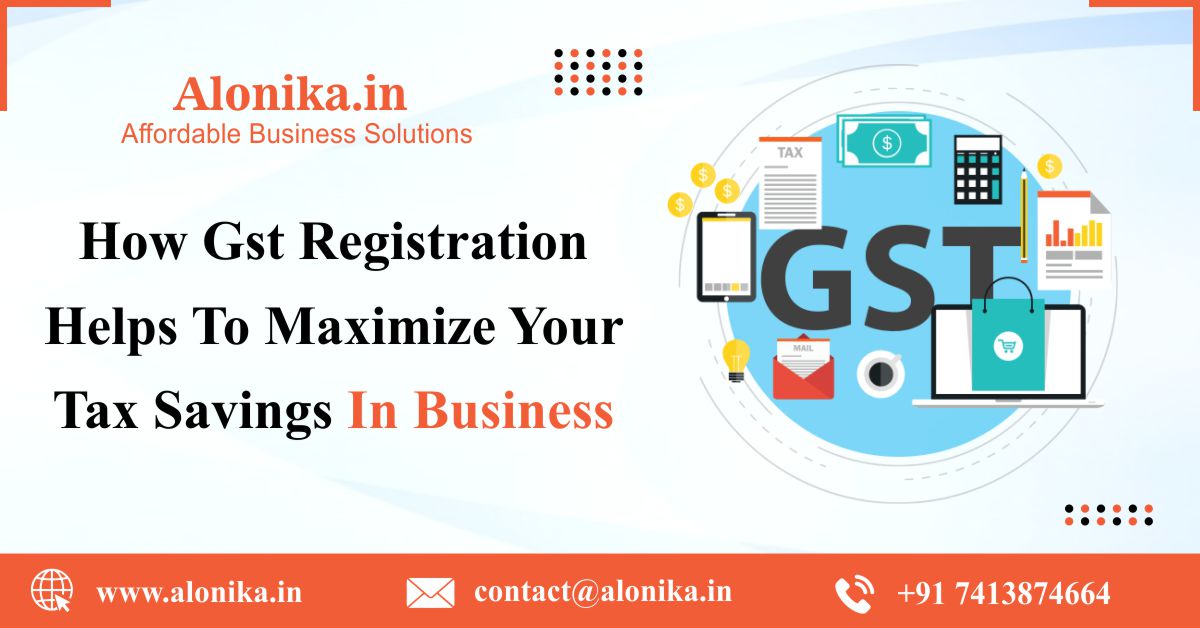Why Choose CFO Account & Services for GST Registration in Singapore: Top Perks Explained
Why Choose CFO Account & Services for GST Registration in Singapore: Top Perks Explained
Blog Article
Browsing the Intricacies of GST Registration: A Comprehensive Overview for Entrpreneurs
Browsing the complexities of GST enrollment can be a daunting job for several company owners, as it involves a myriad of regulations, guidelines, and processes that must be abided by. With the ever-evolving landscape of tax regulations, making certain conformity and comprehending the intricacies of GST enrollment is important for the seamless procedure of any type of business. From establishing qualification and collecting the required documents to enhancing operations for optimal efficiency, this thorough guide intends to offer entrepreneur with the expertise and tools needed to browse the complexities of GST registration efficiently.
Eligibility for GST Enrollment
Organization owners must meet details standards to determine their eligibility for GST registration. In general, services with a yearly turnover surpassing a particular threshold are required to register for Goods and Services Tax (GST)
Furthermore, services that are registered under any type of previous tax regimen, such as barrel or solution tax obligation, are typically required to change to GST enrollment. Understanding these standards is crucial for company owner to guarantee compliance with the law and stay clear of any kind of charges or legal issues. It is advisable for business owners to consult with tax obligation specialists or lawful consultants to assess their qualification for GST enrollment precisely. By adhering to the necessary standards, organizations can smoothly navigate the complexities of GST registration and operate lawfully within the tax obligation framework.
Records Required for Enrollment
To complete the GST enrollment process, organizations need to collect and submit an extensive set of documents. The vital files needed for GST registration generally consist of proof of service enrollment or consolidation such as the Certification of Consolidation, collaboration deed, or any type of various other registration certification. In addition, companies should give identity and address proof of the marketers or partners, which can be in the type of Aadhar card, PAN card, vehicle driver, or ticket's certificate. Financial documents such as bank declarations, evidence of workplace like rental arrangement or power expense, and licensed signatory information are additionally important for the registration process.
In addition, details records connected to the nature of business, such as a list of solutions or products provided, HSN codes for goods, and SAC codes for services, might be called for - Why choose CFO Account & Services for GST registration in Singapore. It is critical for organizations to make certain that all records sent are precise, up-to-date, and in the suggested layout to prevent any type of delays or complications in the GST enrollment procedure
Refine of GST Enrollment
Having put together the requisite paperwork, businesses proceed to initiate the GST enrollment process by engaging with the on-line portal marked for registration. This online website is the Goods and Solutions Tax Network (GSTN) site, which acts as the key platform for all GST-related tasks in India. Upon accessing the portal, services are required to submit the GST registration kind with accurate information regarding their service activities, turnover, and various other relevant details.
When the type is finished and sent on the website, the GSTN validates the information provided by the business. Complying with successful verification, a GST enrollment certification is released to the organization entity.
It is very important for organizations to make certain that the details provided during the GST registration process is find here accurate and approximately day to stay clear of any kind of possible concerns or hold-ups in getting the GST enrollment certification.
Recognizing GST Conformity

Businesses need to be familiar with the various GST conformity needs based upon their turn over, nature of products or services, and the states in which they operate. It is vital to stay upgraded on any kind of adjustments in GST legislations and guidelines to stop any type of non-compliance issues.
Non-compliance with GST policies This Site can result in substantial penalties, charges, and even lawful consequences. Companies must spend time and resources in educating themselves and their team on GST compliance. Seeking specialist support from tax experts or specialists can likewise help in browsing the complexities of GST compliance and making certain that services operate within the lawful framework.

Tips for Optimizing Business Workflow
For boosted effectiveness and efficiency in service operations, calculated planning and structured processes are necessary components. One idea for enhancing company procedures is to take advantage of modern technology efficiently.
An additional important element is prioritizing jobs based on their value and target dates. By creating a clear pecking order of tasks and establishing realistic timelines, companies can make certain that essential activities are finished promptly. Additionally, promoting a society of open interaction and collaboration among staff member can lead to enhanced effectiveness and technology.

Conclusion
Finally, navigating the intricacies of GST registration needs a clear understanding of eligibility requirements, needed papers, enrollment procedures, and conformity demands. By adhering to these guidelines and enhancing company operations, entrepreneur can make certain smooth procedures and conformity with the GST guidelines. It is crucial for organizations to remain enlightened and upgraded on GST guidelines to prevent any type of penalties or legal concerns.
The vital records required for GST registration typically consist of evidence of service registration or incorporation such as the Certification of Consolidation, address partnership act, or any kind of other registration certification.Having actually put together the requisite documentation, businesses continue to start the GST registration procedure by involving with the on the internet portal marked for registration. Upon accessing the portal, organizations are needed to fill out the GST enrollment type with accurate information concerning their company tasks, turn over, and other pertinent information.
In order to keep adherence to GST guidelines and avoid fines, companies must focus on understanding GST conformity. By adhering to these standards and optimizing business procedures, company proprietors can guarantee smooth procedures and compliance with the GST laws.
Report this page